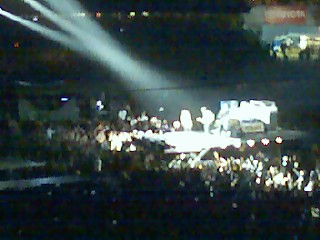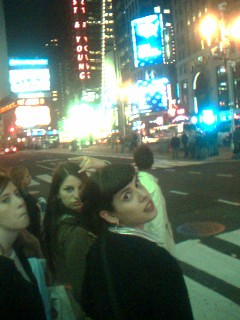Ah, Rear Window. I figure if you're going to watch a slew of Hitchcock movies why not start with one fo the best. Pitch perfect performances, brilliant cinematography, riveting suspense... it literally hits every theme and grace note that he touches upon in most of his other movies all at once. The voyerism, the paranoia, the gray moralism... all there, all executed flawlessly.
As a creator, I guess what stands up for me in Rear Window is the containment. So much of Suspense and Action these days is the feeling of the ever changing landscape, and with few exceptions (Die Hard, motherfuckers), that's just how you make a suspense movie. Rear Window is even further the other direction.
Not only do we never leave the apartment, although there is the few seconds of window dangling, but, our entire frame of reference is at a sharp 3rd person. We never hear those across the alley talk, but, yet, we know who they all are. We know what they're all doing, and what they're character journeys are. And we know it because of Jimmy Stewart's reactions to it.
His character serves as the perfect representation of what we each do when left on our own, left to our own devices for entertainment. We obsess, we imagine, and sometimes, we get ourselves into trouble. That's why Hitchcock excels for me as a director. No matter how absurd the situation (Strangers on a Train or Psycho anyone?) it always feels not just grounded and real to the characters, but, as though it's something that happened to someone you know, or, is happening to you.
That to me is great storytelling











